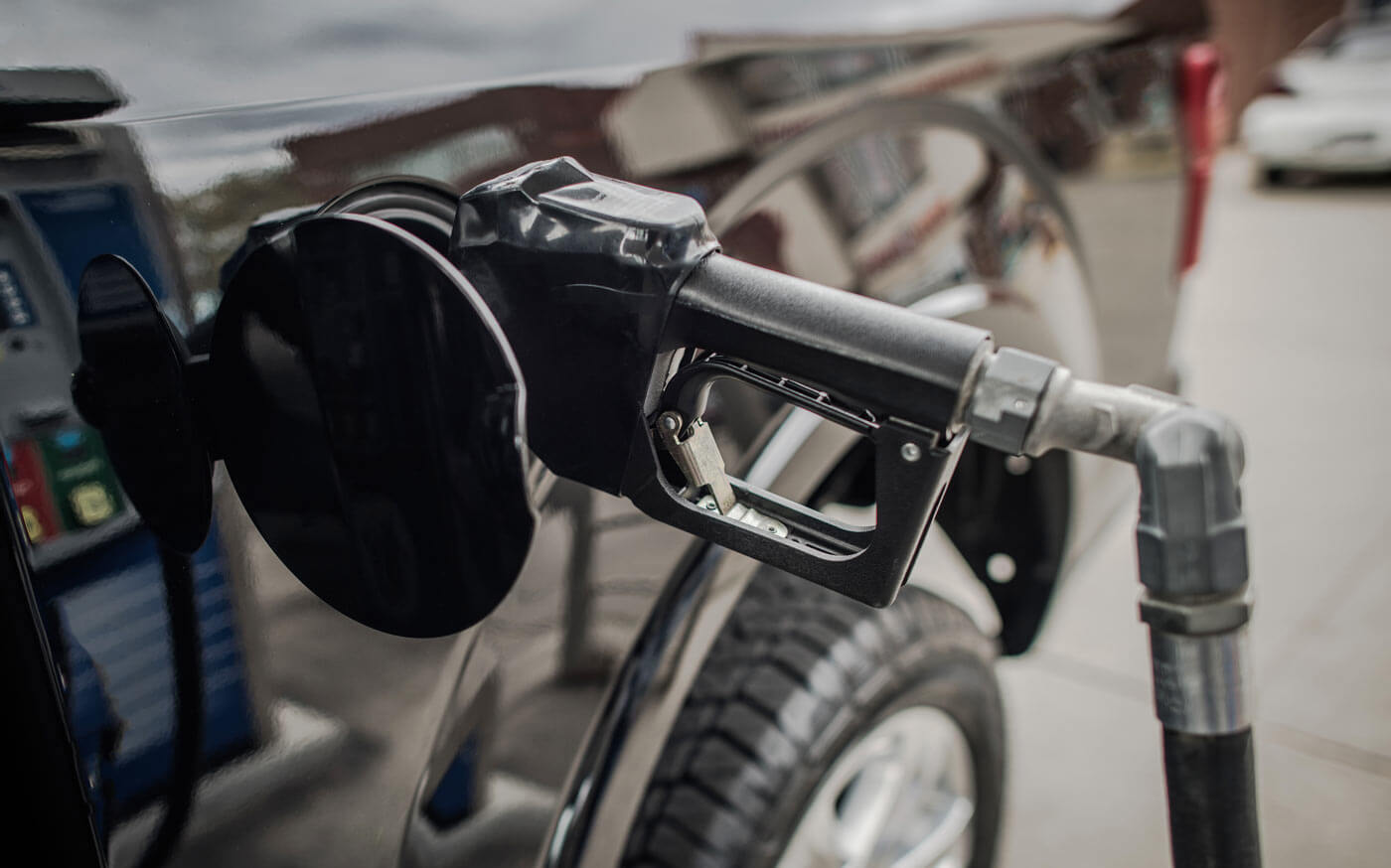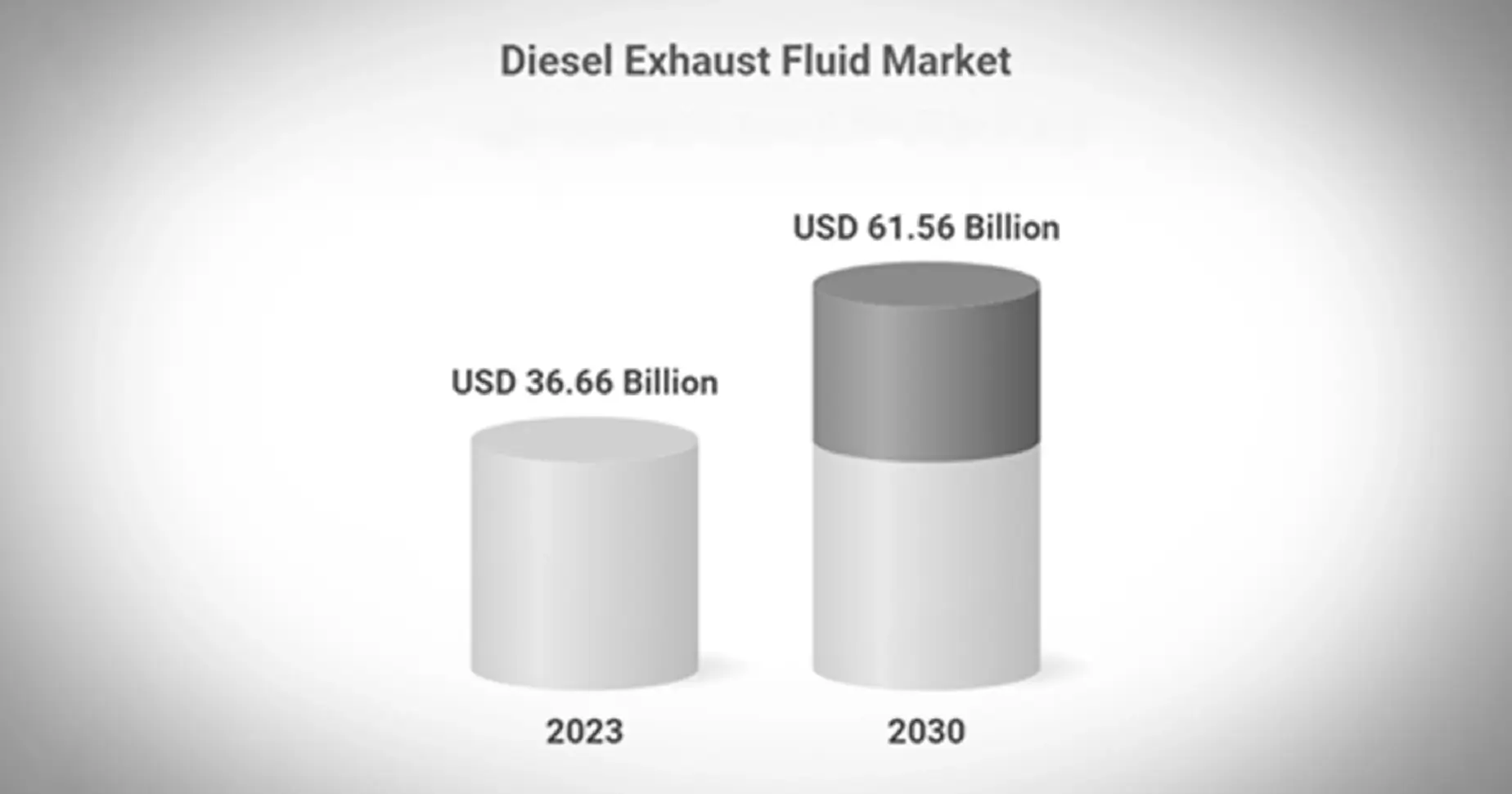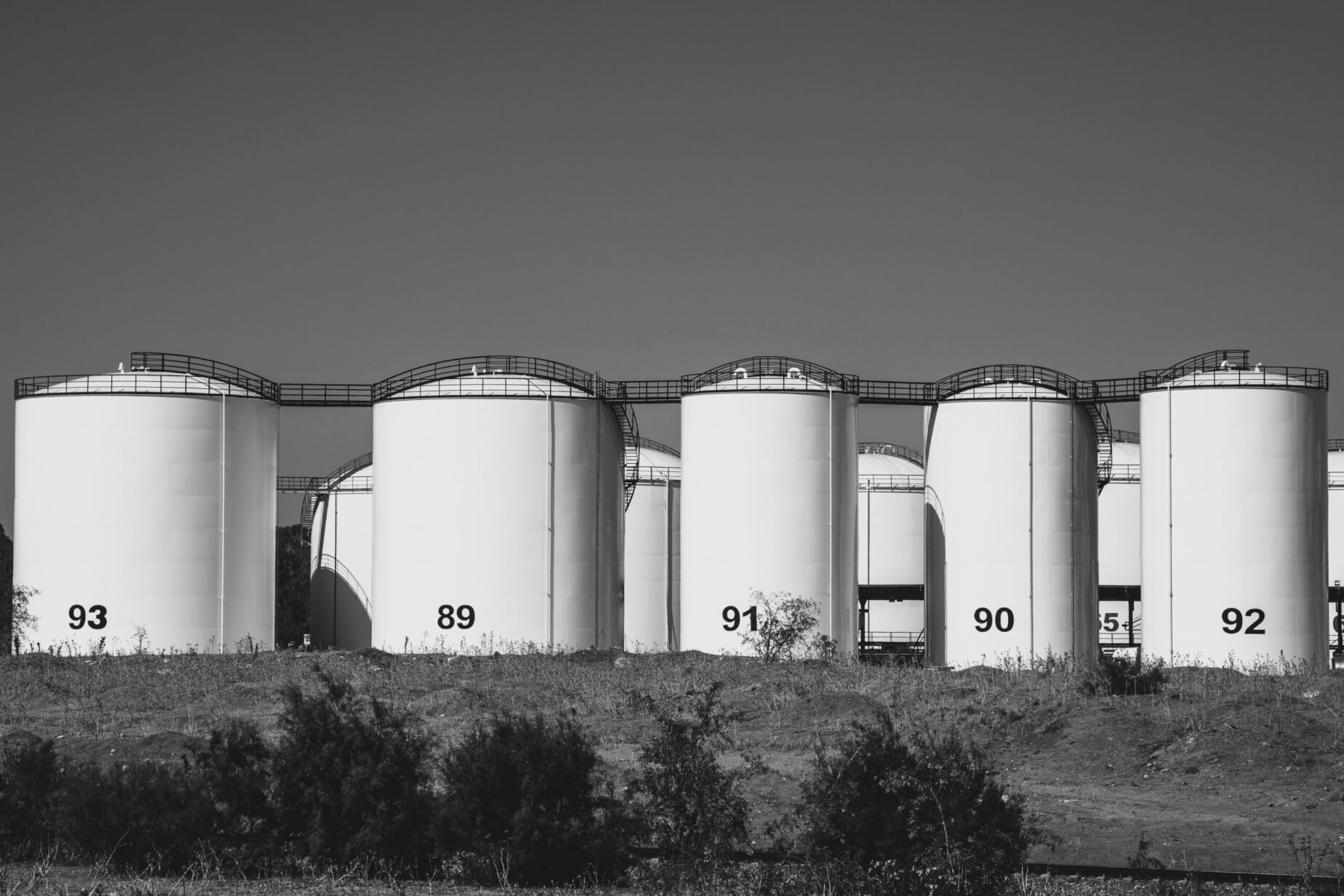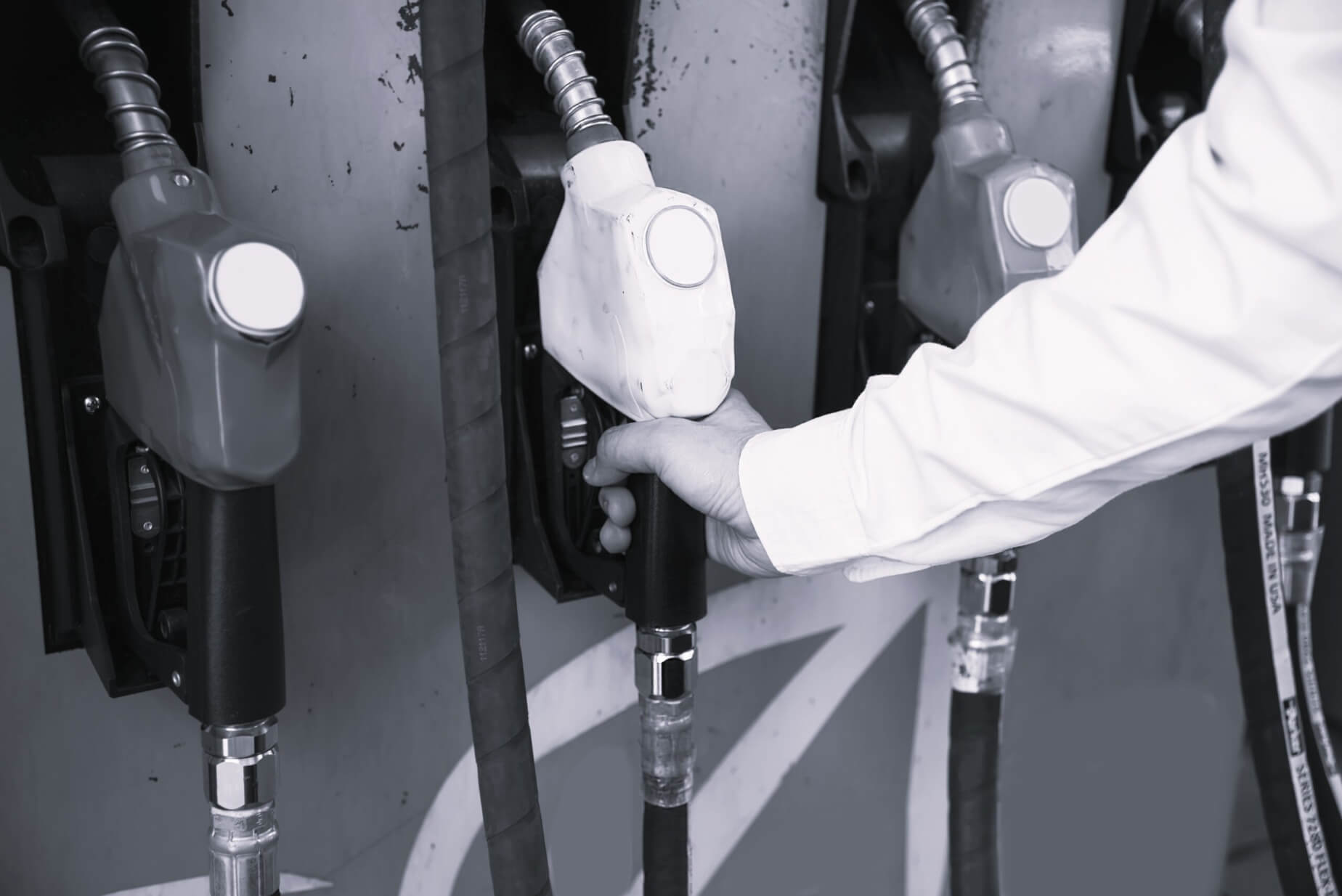Fuel Theft: The Bogeyman in the Fuel Management Industry No-one Wants to Talk About
Did you know that fuel theft costs businesses over $200 million annually?
Whether you’re managing a fleet of 5 or 50, or operating heavy equipment, fuel theft can significantly impact your bottom line.
Learn how to safeguard your equipment, fuel assets and keep your operations running smoothly with actionable strategies and expert advice.
It may be minor, maybe a few gallons here or there, but this will add up fast, creating a high unwanted cost to your business.
While no one likes to think that their employees would ever steal from the company, it, unfortunately, happens more often than you might think. They could be skimming off fuel, purchasing snacks and foods with fuel cards, adding gas to a personal vehicle …Poof! These are all examples of how fuel theft or gasoline theft can play out when you least expect it, causing your earnings to evaporate into thin air, little by little.
Unfortunately, we can’t just blame the employee in these situations as much sense as that makes. Businesses tempt employees to steal from them when sent to the gas station with cash fleet cards. From our many years in the industry, we can’t tell you how often we come into situations where your guy shows up at the gas station like this: His girlfriend shows up. He fills her truck up also, or they approach another driver at the facility there offering to fill their truck up for 20 bucks. It happens too often, even if we want to think that it doesn’t. Nobody wants to think that way about their employees, but it happens.
The hardest part to believe is that, for many of these businesses, they may have been good employees if they didn’t have that temptation put in front of them in the first place. Of course, we’re not saying that all the blame falls on the manager or that these “bad apple” employees will suddenly disappear. However, putting as many of the variables in your control as possible can help manage your fuel spend dramatically!
Common Signs of Fuel Theft
- Unexplained spikes in fuel consumption.
- Missing fuel logs or inaccurate fuel receipts.
- Nighttime refueling discrepancies.
- Sudden declines in vehicle mileage efficiency.
Pro Tip: Use GPS-enabled telematics systems to monitor fleet fuel consumption in real-time and identify irregularities.
Top Strategies to Protect Your Business from Fuel Theft
- Invest in fuel cards for secure transactions and detailed reporting.
- Use mobile fuel delivery services from Fuel Logic to minimize theft risks at gas stations.
- Install fuel tracking and monitoring systems to oversee usage in real-time.
- Conduct regular audits of fuel logs and vehicle consumption rates.
Explore how our comprehensive fuel management solutions eliminate the guesswork and ensure every drop of fuel is accounted for.
Remove the mystery from your fuel-ups when you call Fuel Logic!
Theft in our environment is highly unlikely. If your employees steal from you, then you’re paying for that fuel until you catch him and then you have no recourse against that employee. You can fire him, but you’re still out the fuel cost. If our employee steals, which again is highly unlikely, you get reimbursed for any stolen fuel, because that’s become our responsibility now. We’ve shifted all that responsibility off of your pocketbook onto ours!
Fuel Logic specializes in mobile fueling solutions to get you the fuel you need when you need it. Whether it’s diesel (on-road or off-road), gasoline, or Diesel Exhaust Fluid, we’ll deliver fuel directly to your location with our mobile fuel. We will also provide itemized fueling reports that explain what we filled and how much. Have a question about your invoice?
We’re just a call away where an agent is happy to clear up any confusion or errors. We pride ourselves in being there for our clients in all aspects of the service, from getting the fuel to you, offering fuel estimator services and making sure we’re available day or night if you have any questions or concerns.
Fuel Logic saves you time, money, and energy that’s spent when you manage your own fuel. Let our fuel team experts make you the Fuel Hero when it comes to maximizing your fuel savings!
Schedule your first secure fuel delivery today!
FAQs (Frequently Asked Questions)
What is the impact of fuel theft on a trucking company’s bottom line?
The impact of fuel theft can be significant for trucking companies, leading to increased operational costs and reduced profitability. An unauthorized siphon of fuel can result in a loss of hundreds or thousands of dollars annually, depending on the fleet’s total fuel usage.
How can fleet managers prevent fuel theft effectively?
Fleet managers can prevent fuel theft by implementing fuel theft prevention strategies such as using fuel monitoring systems, locking fuel caps, and installing security cameras at fuel stations. Additionally, educating employees about the risks associated with fuel theft is crucial.
What are some common methods thieves use to steal fuel?
Thieves often employ methods such as siphoning fuel directly from a vehicle’s fuel tank or using skimmers to access fuel cards with card information. Understanding these tactics can help in developing effective fuel theft prevention strategies.
How does monitoring fuel consumption patterns help in preventing fuel theft?
Monitoring fuel consumption patterns allows fleet managers to identify anomalies that may indicate fuel theft. By keeping track of vehicle’s fuel consumption, any unusual changes can prompt an alert for further investigation.
What role do company fuel cards play in preventing fuel theft?
Company fuel cards with enhanced security features can help prevent fuel theft by limiting access to authorized personnel only. These cards can include safeguards such as PIN codes and transaction alerts, making it more difficult for thieves to misuse them.
What is internal theft and how does it differ from external theft?
Internal theft refers to fuel theft committed by employees or insiders, while external theft involves outside thieves. Both types pose risks, but internal theft can be more challenging to detect without proper monitoring and security measures in place.
What should fleet managers do if they suspect fuel theft?
If fleet managers suspect fuel theft, they should immediately investigate by reviewing fuel consumption records, checking security footage, and conducting interviews with drivers. Implementing additional monitoring and security measures may also be necessary to prevent future incidents.






